Review: AVALANCHE: A LOVE STORY at The Barbican Centre
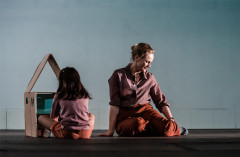 It is estimated that around 60,000 fertility treatments are performed in UK licensed clinics every year. Although now more than ever our society seems to be able to talk about the issues surrounding problems with conceiving, there is still so much we don’t talk about. AVALANCHE: A LOVE STORY, adapted from Julia Leigh’s memoir is the main theatrical event at the Fertility Fest 2019, and this one woman show is a detailed account of the real cost of being unable to conceive.
It is estimated that around 60,000 fertility treatments are performed in UK licensed clinics every year. Although now more than ever our society seems to be able to talk about the issues surrounding problems with conceiving, there is still so much we don’t talk about. AVALANCHE: A LOVE STORY, adapted from Julia Leigh’s memoir is the main theatrical event at the Fertility Fest 2019, and this one woman show is a detailed account of the real cost of being unable to conceive.
The story is simple, we meet our heroine, played by the wonderful Maxine Peake, when she is in her late thirties, already thinking about conceiving. Getting back with her ex becomes an opportunity to start a family. We are told about the first appointments, frustrations, endless blood check ups, arguments. The biggest horror of this story is in the detail, the detail of mundane painful repetition. And we get the pain, we do; but is there anything else here? We hear about Cannes Festival and our heroine being a writer, a director, an all round artist. She has a sister and a niece. She has money. These are facts, but what about her character? Her spirituality, knowledge, artistry, seem to be nonexistent and it is the dense and staccato writing that brings this production down. Yet again the theme of the piece, a woman yearning for the child, becomes its only driving force. There is no nuance and I can’t help to think: I have seen this play before many times.
Anne- Louise Sarks’ direction is skilful and visually led whilst Marg Howell's set supports the strong clinical like ambience of the piece. There is a sense of passing of time that is beautifully represented in the way the set progresses throughout the piece and Stefan Gregory’s epic soundscape is beautifully haunting.
Although the production has its moments AVALANCHE is an underwhelming experience, whilst I believe that the subject of the play is important, I also think we need to find more multidimensional and less stereotypical narratives that can provoke new questions and thoughts.
Latest News
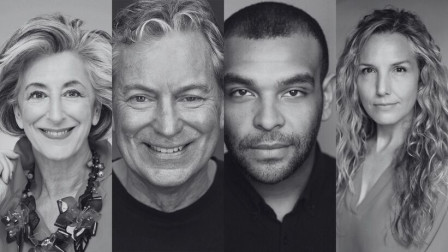
 Cast announced for the World Premiere of ALLEGRA
4 February 2026 at 15:02
Cast announced for the World Premiere of ALLEGRA
4 February 2026 at 15:02
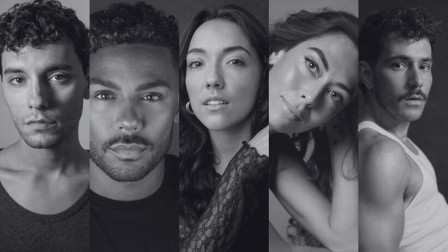
 Cast announced for European premiere of THE JONATHAN LARSON PROJECT
4 February 2026 at 14:14
Cast announced for European premiere of THE JONATHAN LARSON PROJECT
4 February 2026 at 14:14
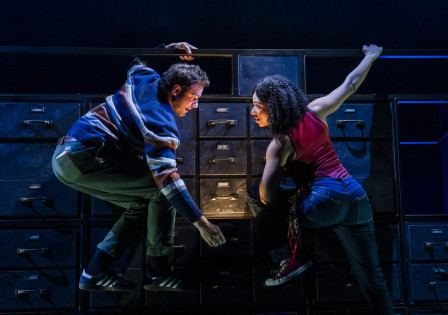
 Review: LOST ATOMS at Lyric Hammersmith
4 February 2026 at 12:08
Review: LOST ATOMS at Lyric Hammersmith
4 February 2026 at 12:08
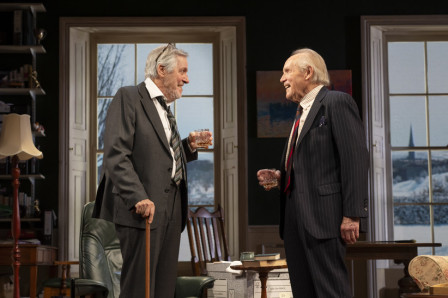
 I'M SORRY, PRIME MINISTER at Apollo Theatre - Production images released
4 February 2026 at 10:41
I'M SORRY, PRIME MINISTER at Apollo Theatre - Production images released
4 February 2026 at 10:41
